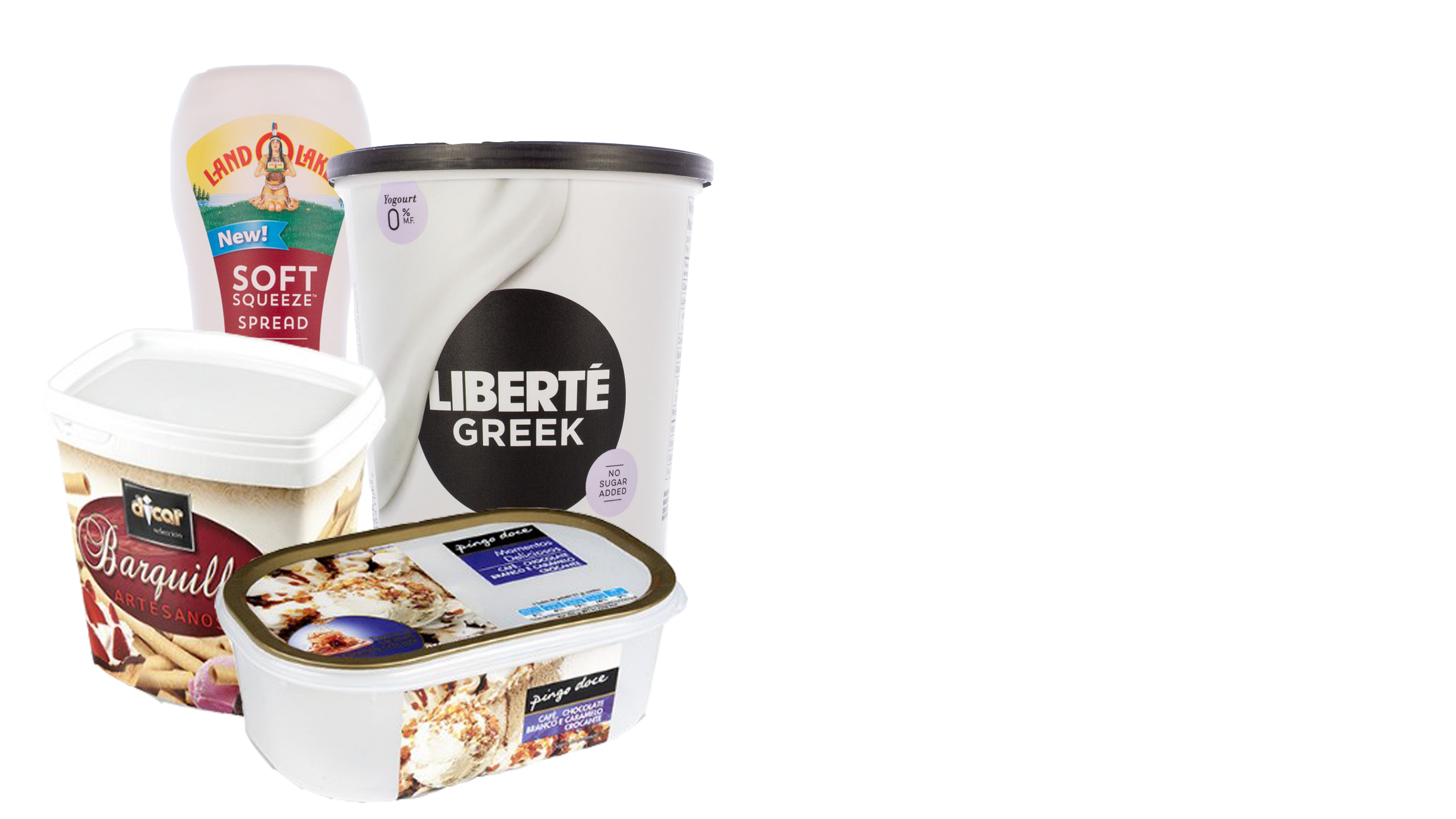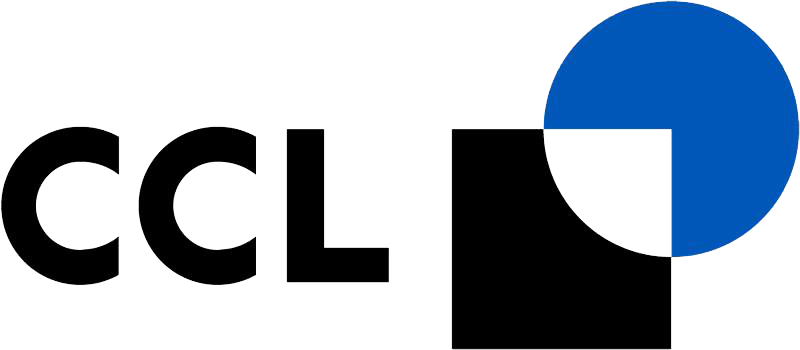Pushing the Boundaries of
In-Mould Labelling:
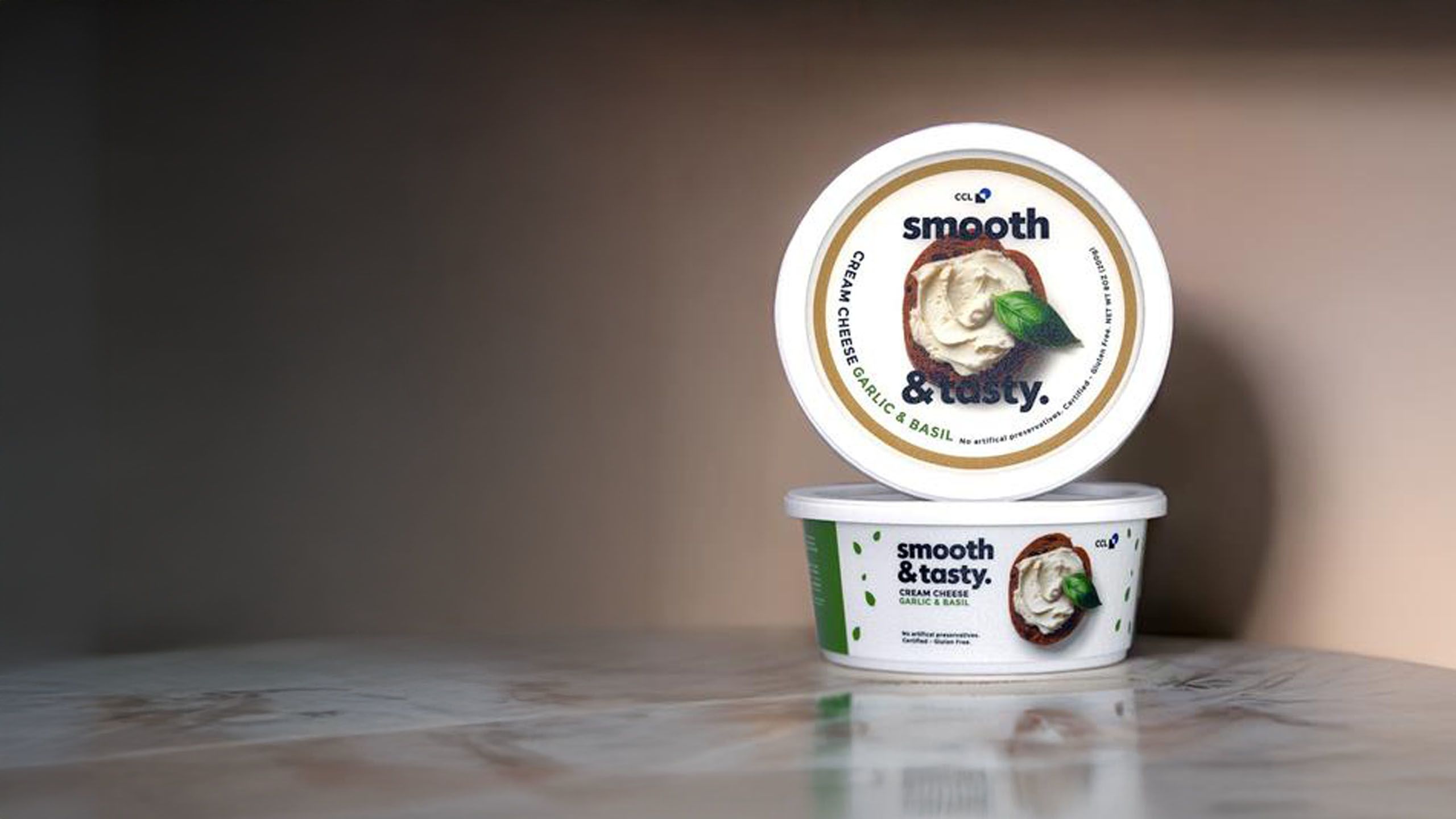
In-mould labelling (IML) continues to evolve as a pivotal packaging technology, offering both striking visual appeal and enhanced production efficiency. With recent innovations in materials, automation, and sustainability, IML is not only transforming manufacturing but also redefining how brands connect with consumers—both on the shelf and online.
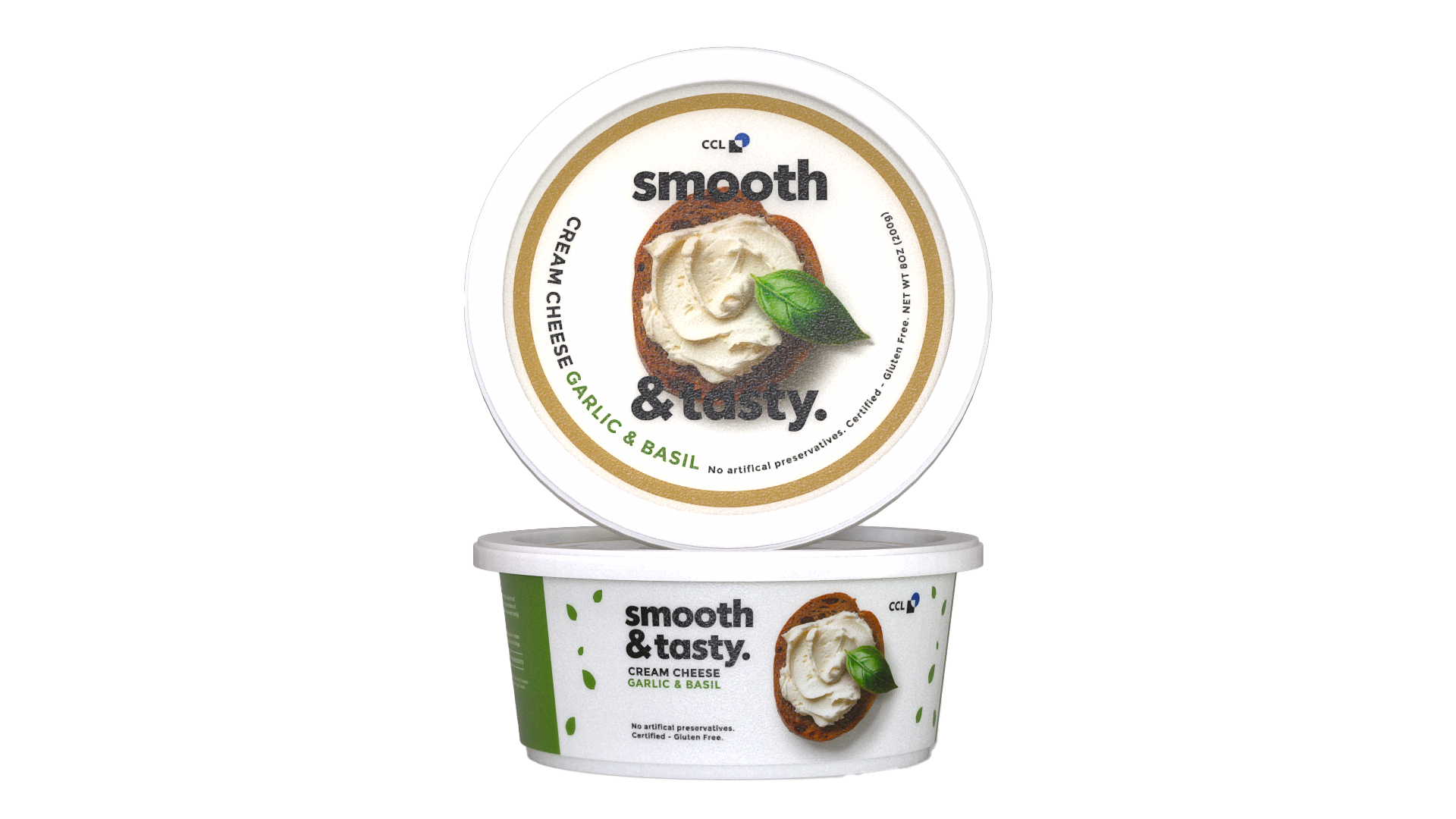
Transforming Production Through Technological Innovation
Recent developments in robotics, automation, and materials have significantly elevated the quality and speed of IML production. The integration of robots to handle inserts and parts, alongside the implementation of AI-driven predictive maintenance, has streamlined operations and increased efficiency across production sites.
Advanced material processing techniques such as laser cutting and CNC machining have further accelerated production while delivering exceptional precision. Given their impact, further investments in these areas are already under consideration.
An additional advantage comes from having large-scale BOPP film manufacturing capabilities in-house. As part of the CCL Industries group, Innovia Films plays a crucial role in collaborative research and development to drive innovation in next-generation IML materials. This partnership helps ensure superior product quality and durability, cementing the importance of integrated, forward-looking innovation.
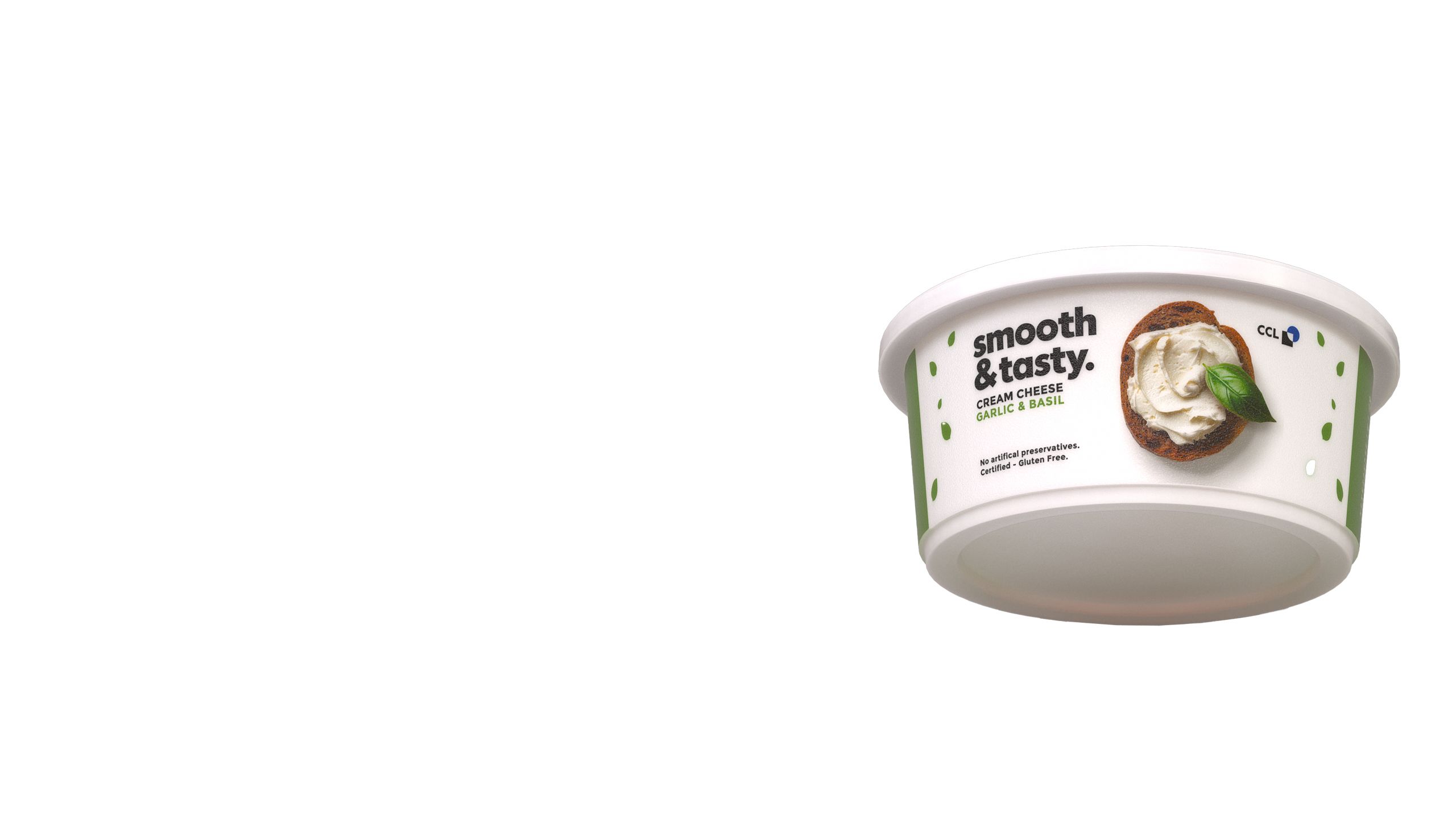
Elevating Brand Presence Through Design and Function
IML’s contribution extends well beyond production—it’s a powerful medium for brand storytelling and consumer engagement. It offers a premium, high-end finish that enhances shelf appeal while providing a long-lasting decoration solution. By eliminating the need for post-mould labelling, IML not only cuts down on manufacturing time and cost, but also allows for greater design flexibility.
This design potential was recently showcased at Propak Africa in Johannesburg, where the company presented lunch boxes and buckets featuring iconic South African imagery, such as the Cape Town skyline and Kruger National Park—products that received a very enthusiastic response from visitors.
South Africa remains a thriving market for IML-decorated packaging, with such containers widely visible in supermarkets and hardware stores. The IML market in the country is forecast to reach a revenue of US$15.4 million by 2030, with a projected compound annual growth rate of 3% between 2024 and 2030.
It’s clear why IML is growing in appeal: it allows for visually impactful, high-resolution graphics that enhance brand recognition—something customers truly value in today’s competitive retail space.
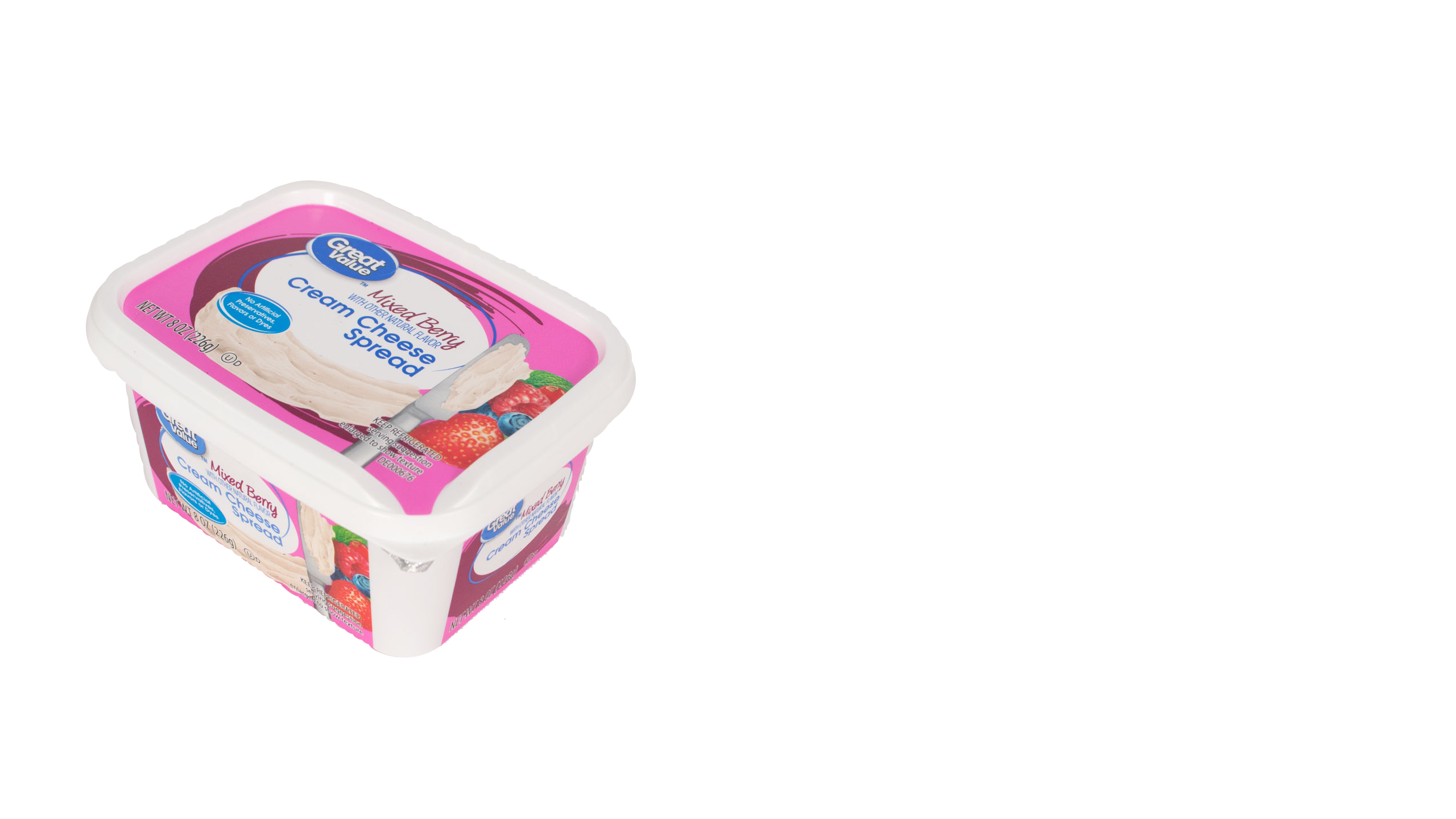
Meeting the Sustainability Challenge
Sustainability is front and centre in nearly every packaging conversation today, and IML has proven to be a strong enabler of eco-conscious solutions. Considerable work has been undertaken in research and development, as well as with suppliers, to improve the recyclability and environmental profile of IML labels.
Through Innovia Films, CCL has the ability to manufacture IML base films in-house using state-of-the-art laboratories across the globe. This enables not only quality improvements but also the possibility of downgauging—reducing material use without sacrificing performance.
IML also aligns well with sustainable packaging trends through its use of mono-material containers (such as polypropylene), which simplifies the recycling process. Additionally, IML eliminates the need for adhesives found in traditional labelling, reducing waste and supporting a cleaner production method. Thinner moulded walls also mean lower resin consumption and lighter shipping loads, both of which contribute to a reduced carbon footprint.
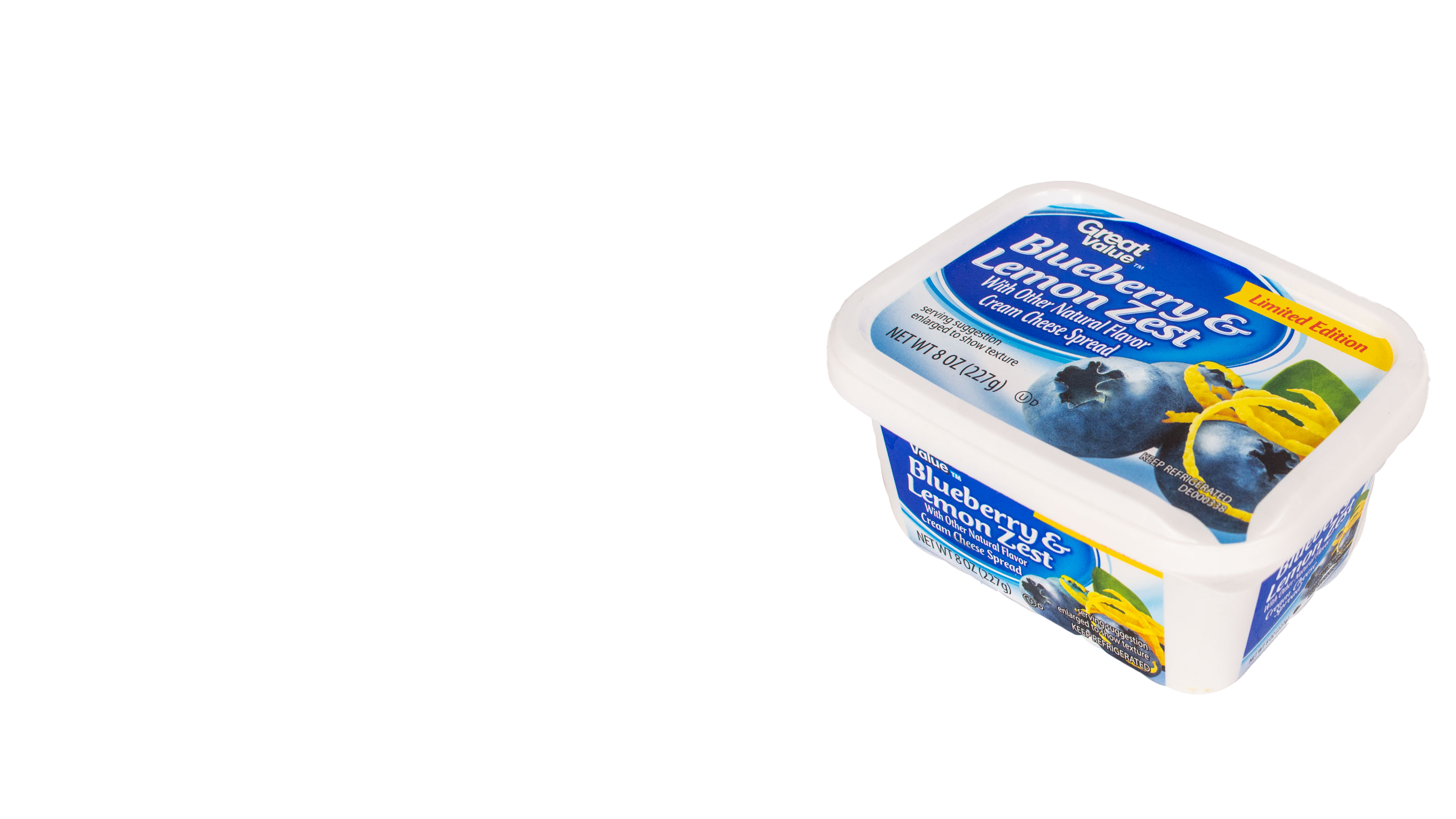
Collaborating to Futureproof IML
To ensure that IML remains fit for the future, the company is working closely with OEMs and brand owners on key areas such as smart packaging, personalisation, and automation. These collaborations involve the development of smart labels with sensors and interactive elements, bespoke design solutions, and continued optimisation of production through automation.
The overarching goal is to deliver the best possible packaging solution—not just for brands, but ultimately for consumers as well.
In-mould labelling stands at the crossroads of innovation, sustainability, and consumer appeal. By embracing the latest advancements in technology, material science, and collaborative development, the IML sector is helping brands create packaging that’s not only visually impressive and functionally robust, but also aligned with the needs of a more sustainable, efficiency-driven future.
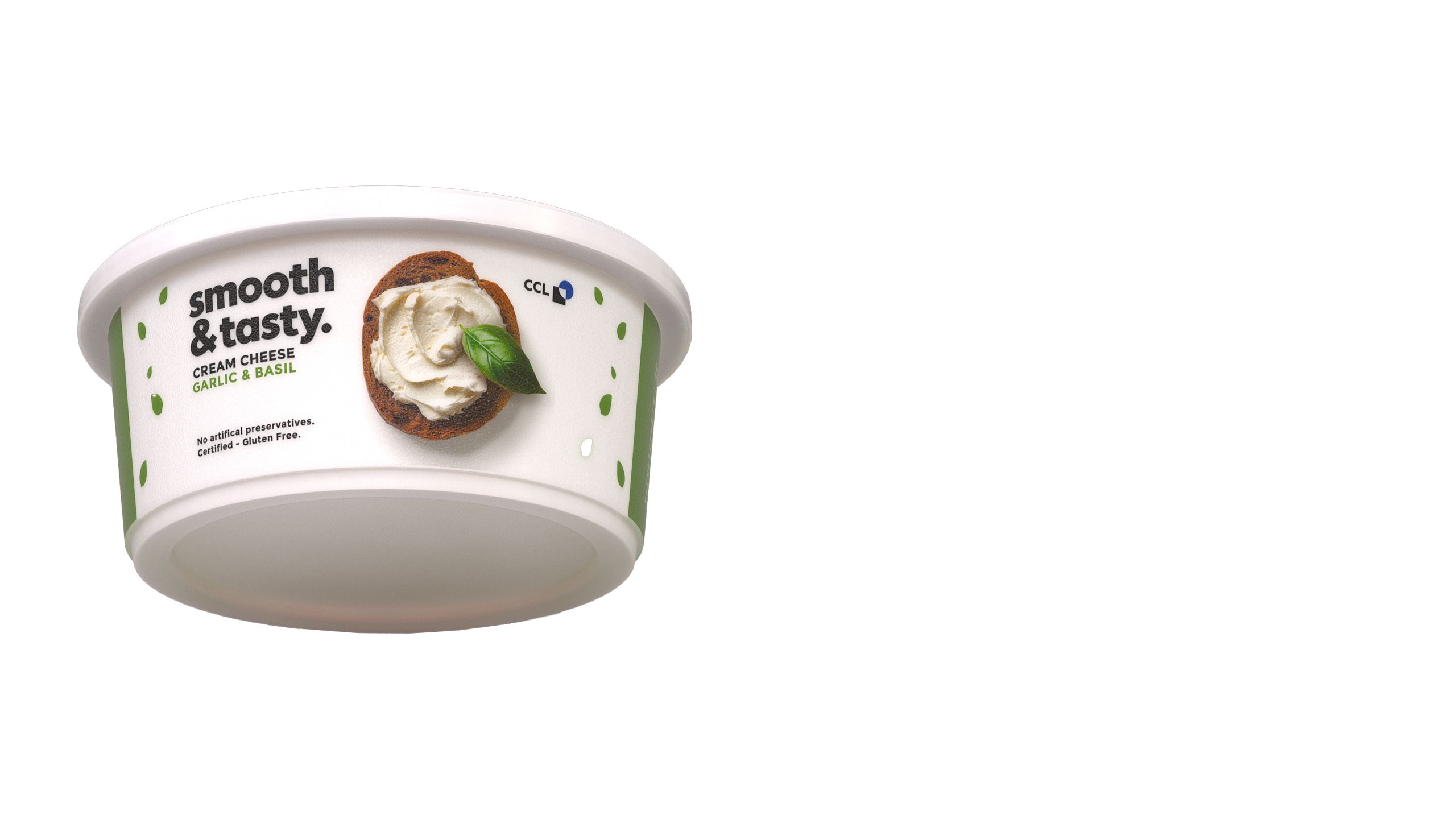
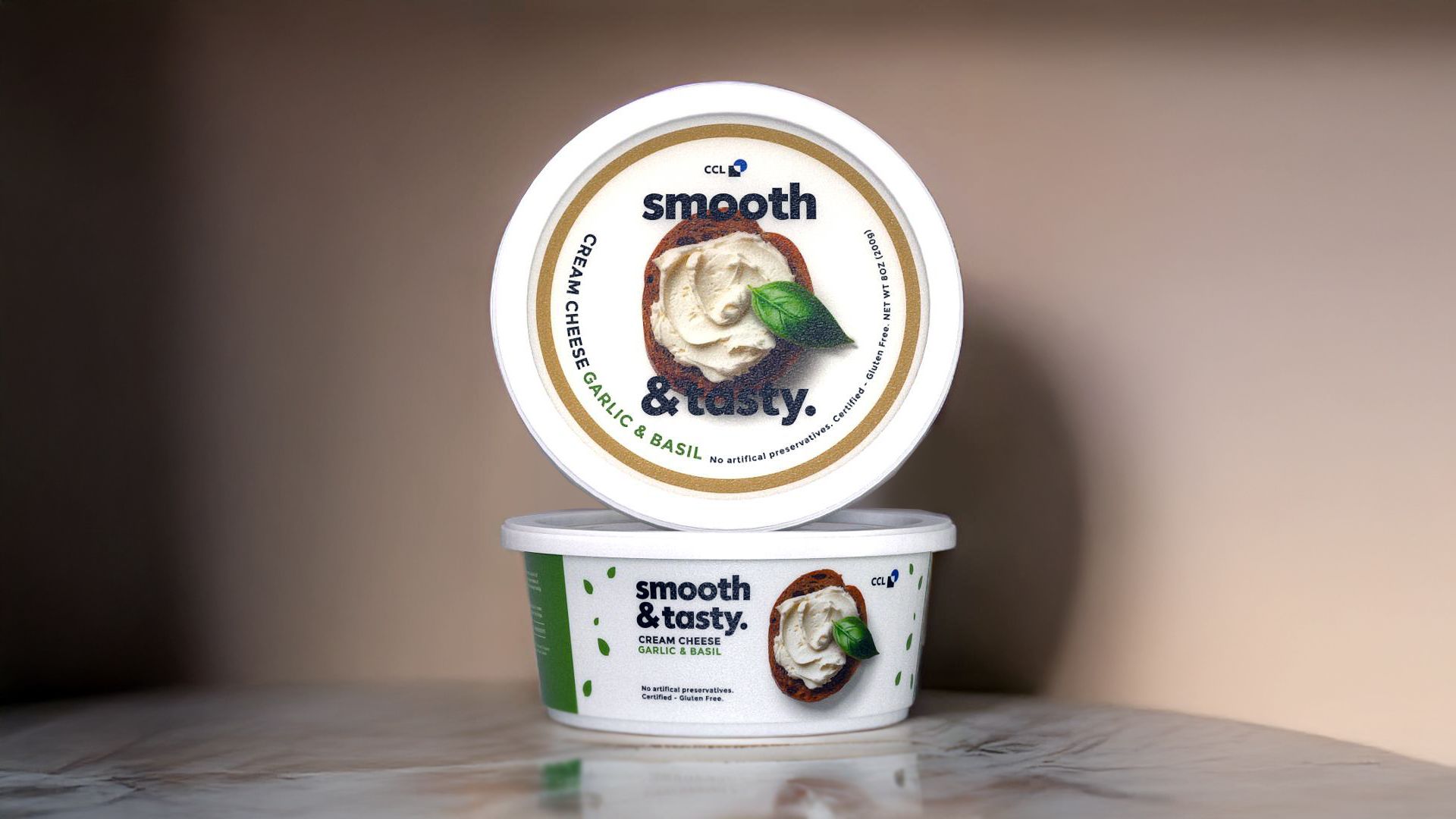
Brought to you by
Address: 10 Oak Road, Lords View Industrial Park,
Midrand, 1619, South Africa
Email: jhbccl@cclind.com
Website: www.ccllabel.com
